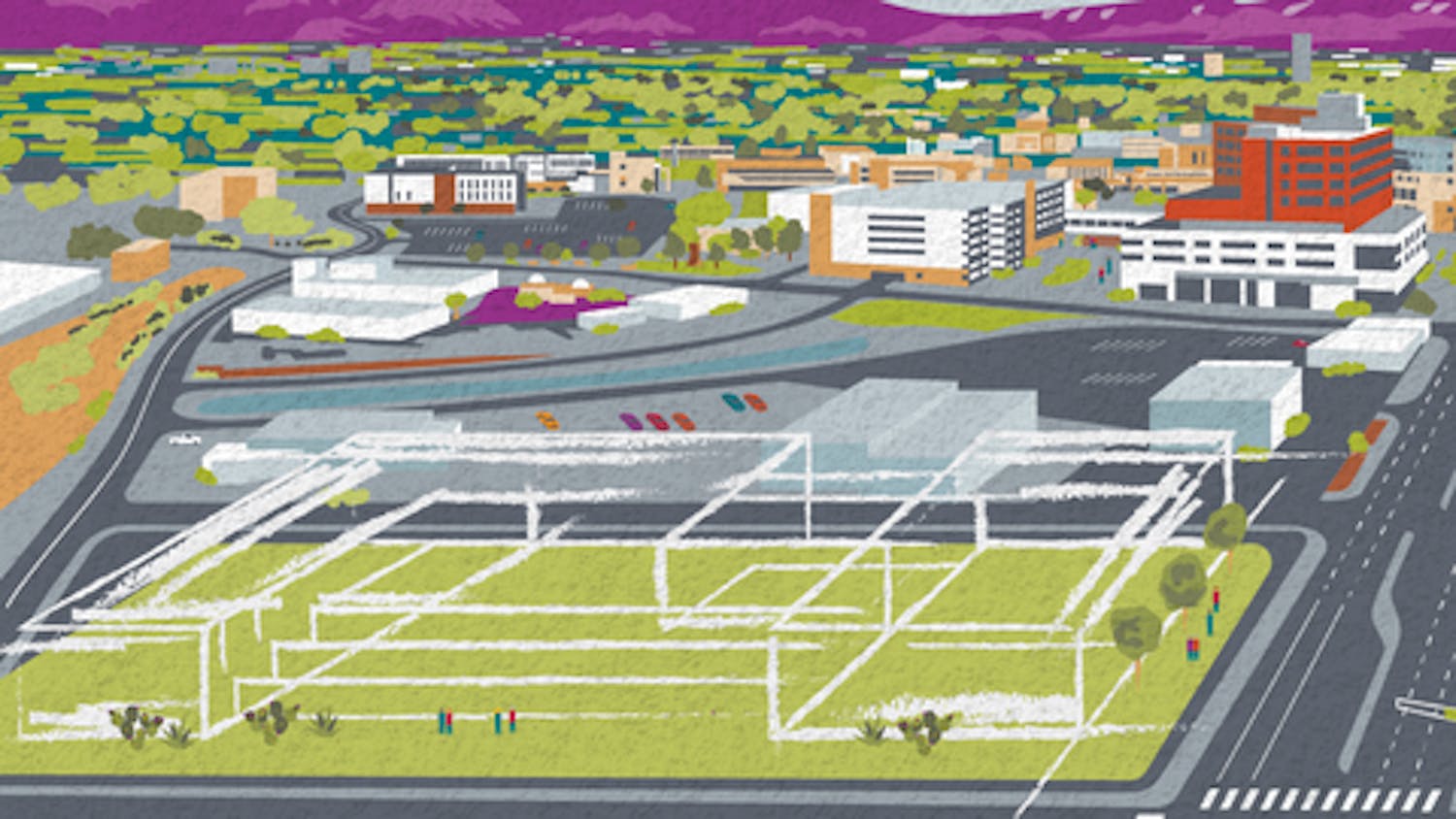Along with a comprehensive assessment of where UNM is and where it is going, the Strategic Planning Task Force has outlined tactics the University should take to meet its goals.
The task force is seeking feedback on its report, the Daily Lobo is taking a detailed look at the suggestions made by the task force.
The first strategic direction aims to foster a vital climate of academic excellence that engages the community in an exciting intellectual, social and cultural life.
The task force wrote that part of the first direction includes providing high quality education for undergraduates in every UNM program.
To achieve that, the group recommends re-evaluating introductory studies work to assure that it provides students who are not fully prepared for college with a solid foundation for University work.
The task force also recommends building on the expertise of branch faculty in working with underprepared students and reviewing and revising general education to make sure it provides a solid foundation for upper division work.
Get content from The Daily Lobo delivered to your inbox
The group emphasized incorporating research experience, learning communities, interdisciplinary courses and service learning in all undergraduate programs.
To achieve that, the task force suggested:
l Educating faculty, staff and students about varying learning styles and encourage teaching methods that address those differences.
l Recruiting and hiring quality undergraduate teachers for both upper and lower division courses.
l Reviewing and revising the faculty reward structure to assure that excellence in both teaching and research is rewarded.
l Minimizing the use of large lecture-style classes without associated discussion or lab sessions
l Providing effective training for teaching assistants in all programs.
l Minimizing the use of contingent, part-time instructors in the classroom.
The task force also looked at evaluating and restructuring UNM’s support for graduate education and raising the effectiveness and stature of our programs.
The group said it is important to develop a sense of campus community that is supportive.
It recommended expanding the Student Success Center and establishing an organized, reliable system for introducing new students, faculty and staff to UNM.
The task force also supported developing meaningful avenues for participation in major University decisions.
It noted the importance of ensuring that all students, staff and faculty have access to excellent and affordable health care, including behavioral health care.
The second strategic direction aims to apply the University’s services to advance the interests and aspirations of all New Mexicans.
The task force stated that serving New Mexico is central to the University’s mission. Along those lines, the task force supported improving New Mexicans’ access to quality higher education.
To do this, the task force recommended maintaining affordable tuition, need-based grant aid and improving relationships with branch campuses, community colleges and high schools.
The group also recommended that the University make sure it meets the state’s needs for professional degree programs and continuing education courses.
The task force said the University should work closely with public schools to improve education in the state.
The group recommended expanding teacher training, among other programs. The task force also noted the need to help improve health care in New Mexico.
The third strategic direction seeks to increase the University’s student diversity.
The task force recommended creating proactive recruitment, cooperating actively with multi-racial and ethnic community groups and developing a diversity office.
The group also recommended creating opportunities for faculty, staff and students to experience cultures, disciplines and environments different from their own. The task force encouraged the free expression of diverse opinions in an atmosphere of civility and mutual respect.
In addition to cultural diversity, the task force noted the importance of working with diverse institutions, such as federal laboratories, museums and industries.
The group noted that diversity is important within academic programs and supported communication and interaction between departments to ensure students graduate with a more well-rounded education.
The task force aims to develop a comprehensive approach to international affairs at UNM, including instructional, research and service programs and a cosmopolitan, international social and cultural life on campus.
To achieve this goal, the group recommended increasing the number of international students, making UNM a strongly bilingual campus, strengthening study abroad programs and increasing the number of students who study abroad.
The task force also emphasized the importance of supporting the Latin American and Iberian Institute, the Office of International Programs and Studies and other international activities.
For more information about the strategic planning process, go to www.unm.edu/~unmstrat.





